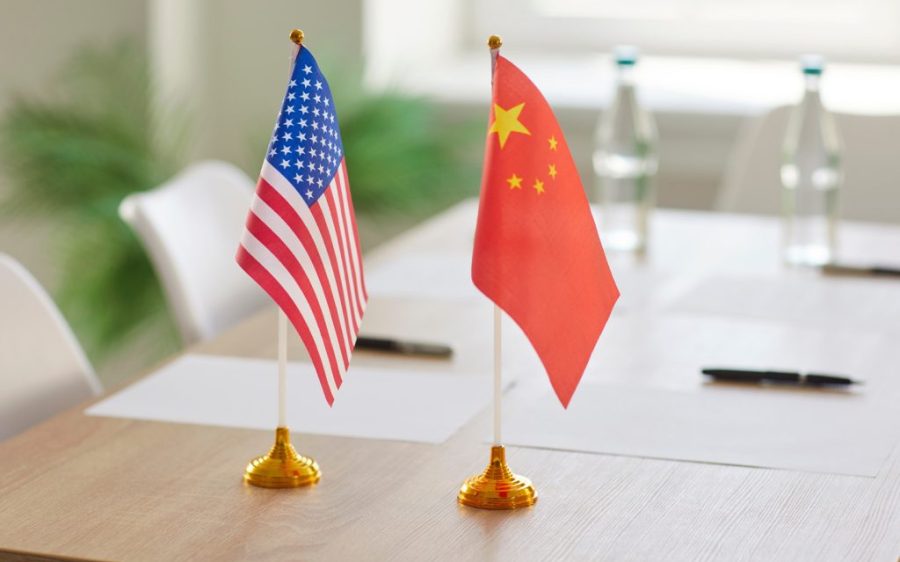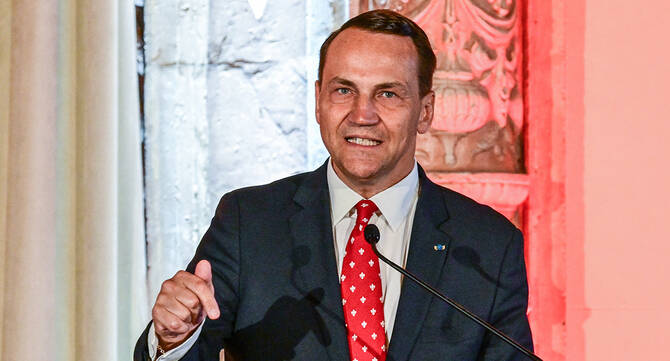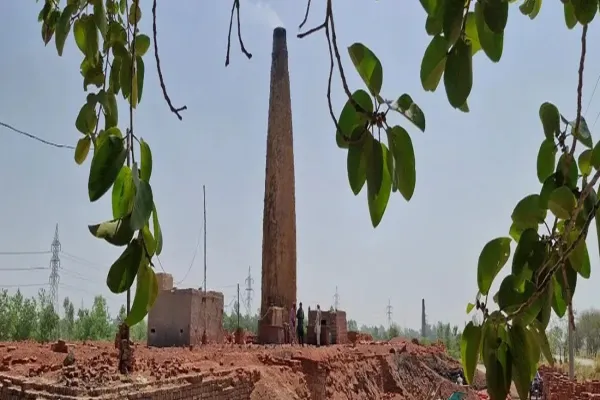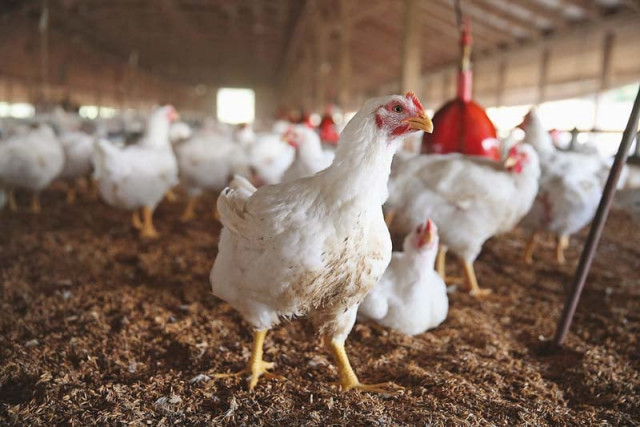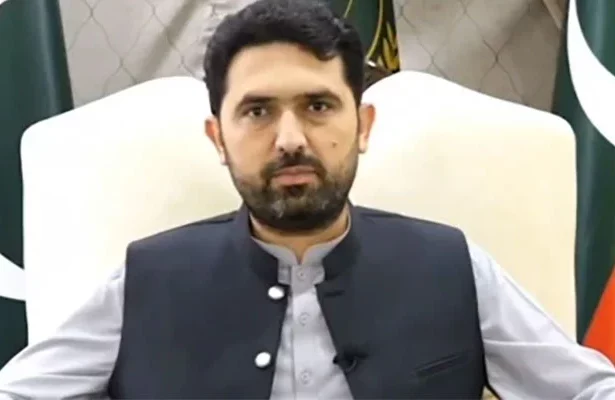Acting U.S. Ambassador to Pakistan Ms. Natalie A. Baker met with Federal Minister for National Food Security and Research Rana Tanveer Hussain at an advanced level talk about strategies to expand agricultural trade among the two nations as well as build up their partnership in the agriculture sector. The Minister welcomed the U.S. delegation and …
The United States And Pakistan Commit To Increase Agricultural Cooperation And Trade.
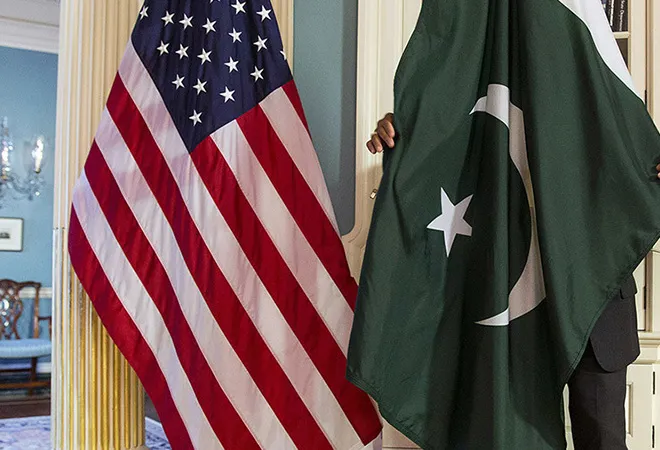
Acting U.S. Ambassador to Pakistan Ms. Natalie A. Baker met with Federal Minister for National Food Security and Research Rana Tanveer Hussain at an advanced level talk about strategies to expand agricultural trade among the two nations as well as build up their partnership in the agriculture sector.
The Minister welcomed the U.S. delegation and expressed gratitude for the long-standing collaboration between Pakistan and the U.S. in the areas of research, food security, and agriculture.
He pointed out that through “cooperative projects, technical assistance, and research connections”, the US has been an important partner in “Pakistan’s agricultural development, working to increase the sector’s durability, affordability, and production”.
Both parties reviewed key programs being carried out under Pak-U.S. agricultural cooperation at the meeting. The Minister recognized the important role played by the Agricultural Linkages Program (ALP), which has strengthened Pakistan’s research capability and laboratories and provided funding for several rounds that competes agricultural research projects since 2000. Additionally, he highlighted the accomplishments of the Wheat Productivity Enhancement Project (WPEP), a joint effort between Pakistani scientists, USDA, and CIMMYT, which has produced “(36) improved wheat varieties, raised yields by as much as (20%), and enhanced resistance to wheat rust diseases”.
In a comparable manner the ($30 million) USAID-funded Agricultural Innovation Project (AIP) has developed value chains in “horticulture, dairy, and crops, as well as better seed varieties and sophisticated farm equipment”.
The Minister also expressed gratitude for U.S. support for Pakistan’s agricultural research and education institutions, such as:
- The University of Agriculture Faisalabad’s Center for Advanced Studies in Agriculture and Food Security.
- The University of Agriculture Peshawar’s research and scholarship endowment.
According to him, these efforts have improved the scientific and professional relations between American and Pakistani universities. Rana Tanveer Hussain emphasized the impressive expansion of Pakistan’s “dairy and livestock industries”, pointing out that the country is one of the biggest importers of “American Holstein cows”.
He noted that even if there are more than (250 million) animals worldwide, there is still a lot of room for growth in the meat industry. He provided information about the government’s initiatives to enhance animal productivity and health, such as “the creation of a Bahawalpur area free of Foot and Mouth Disease (FMD) and the implementation of a system for tracking that complies with international standards”.
In order to further increase productivity and international competitiveness, the USDA side indicated interest in working together on genetic improvement initiatives for “dairy and beef cattle”.
In new areas of mutual interest, such as “cooperative research for the creation of hybrid and disease-resistant crop varieties, local vaccine production, livestock breed improvement, and agricultural mechanization, both parties committed to strengthening their cooperation”.
Through enhanced regulation, certification, and export procedures, the Minister underlined Pakistan’s strong desire to increase its agricultural exports to the United States, especially mangoes and horticultural goods. Pakistan’s dedication to developing a strong, sustainable, and technologically advanced agriculture industry through ongoing cooperation with the United States has been repeated by Rana Tanveer Hussain.
“I am confident that this partnership will open up fresh doors for agricultural innovation, investment, and trade among both countries,” he said, thanking the U.S. government for its commitment to supporting it.




